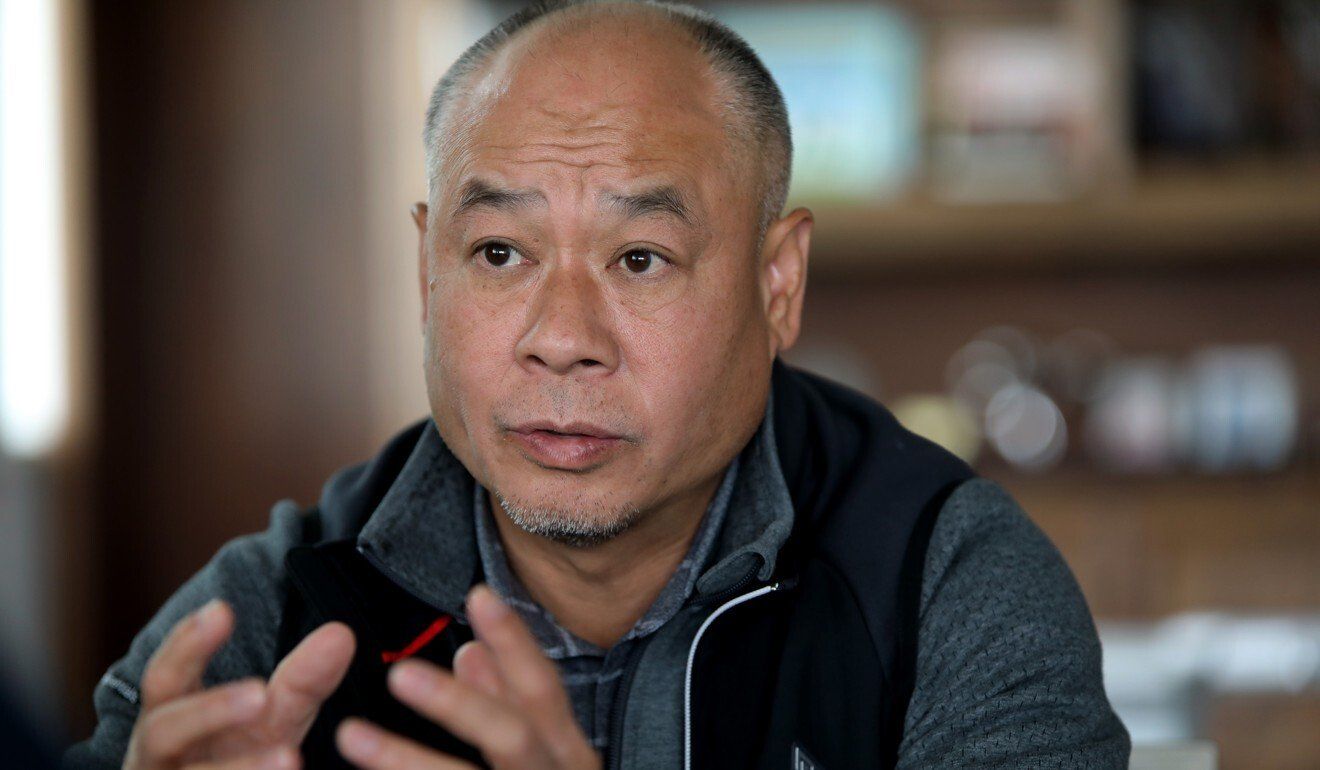Hong Kong News

Li-Ning says China growth will help it take on global names
Li-Ning Company, the Hong Kong-listed mainland Chinese sportswear brand, wants to take on global competitors after seizing market leadership in the booming sports industry at home.
The company will seize new opportunities to expand and “develop its brand from a Chinese brand to an internationally recognised top-class global, fashionable and professional sports brand”, former Olympian Li Ning, who is the brand’s executive chairman and joint CEO, said in a statement reporting its six-month financial results on Friday.
The company expects to benefit from a five-year (2021-25) mass fitness programme introduced on August 3 that targets growing China’s sports industry to five trillion yuan (US$772 billion) by 2025. This growth will be driven by an increase in supply of fitness facilities, the cultivation of a modern sports industrial system, as well as the promotion of digitalisation.
On Friday, the company posted a 187 per cent rise in first-half net profit to 1.96 billion yuan. Its net profit margin rose from 11.1 per cent to 19. 2 per cent, and revenue rose 65 per cent to 10.2 billion yuan. But directors did not declare any interim dividend for shareholders. Its shares closed 1.1 per cent higher at HK$87.4 on Friday against a 52-week high of HK$105 apiece.
Li-Ning is among major domestic brands that are riding a wave of national pride that has followed the recent Chinese boycott of Western sportswear brands over the use of Xinjiang cotton. Where as foreign brands such as Nike and H&M, among others, said their products did not use cotton from the region, Li-Ning has attracted Chinese consumers with branding that states “Xinjiang cotton is used in our products”.
 Olympian Li Ning, the company’s executive chairman and joint CEO.
Olympian Li Ning, the company’s executive chairman and joint CEO.
While its stock has surged in the past few months, the sales of Li-Ning products have also jumped, rising fivefold amid a nationalistic buying frenzy during the Labour Day holiday, for instance.
China Lining, the company’s premium fashion unit, saw its sales rise on the country’s largest e-commerce platform, Tmall during this period as well. Its sales jumped 419 per cent between April 27 and May 3 year on year, according to data from Credit Suisse. The five-day Labour Day holiday started on May 1.
Li-Ning, which tapped popular sentiment two years ago with the launch of cobranded products with People’s Daily, one of China’s oldest newspaper publishers, has won mainland consumers’ support with clothing that shows a sense of national pride, according to Daxue Consulting.
Other sporting goods companies such as Pou Sheng will also benefit from the national policy to boost the sports industry, according to a report published by Jefferies on August 3. The mass fitness programme represents a compound annual growth rate of 9.4 per cent based on the 2.66 trillion yuan for 2018 reported by the National Bureau of Statistics of China.
Li, a former gymnast, said demand for sports and health consumption will also be boosted by Chinese consumers’ growing attention to health and fitness in the post Covid-19 pandemic era. This might lead to further breakthroughs and development of the industry.
The company said it will focus on design and technological development to upgrade its product quality and efficiency, and will take advantage of Douyin and Kuaishou and other emerging live-streaming platforms to access new consumer groups.











